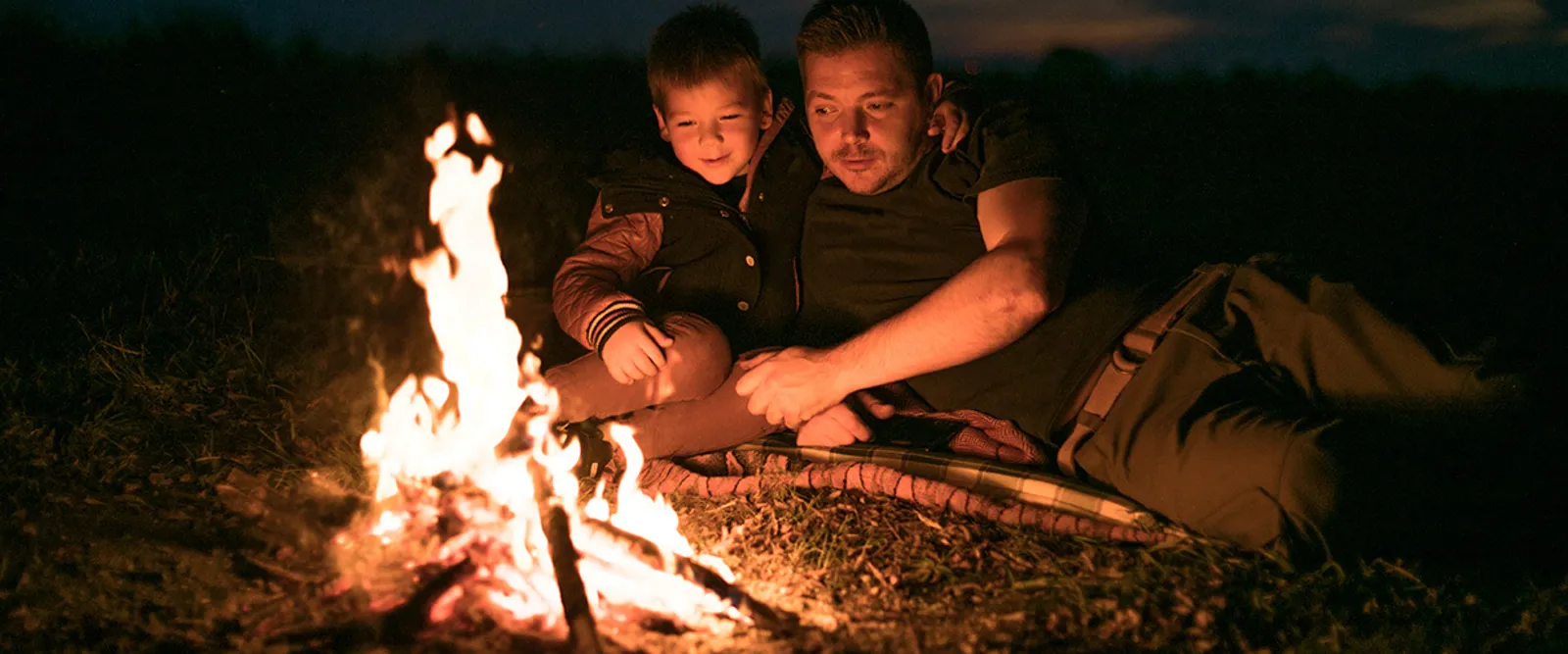Volunteer
Aside from helping others, volunteering has amazing feel-good effects for you. You'll also experience elevated oxytocin levels and a dopamine release along with a sense of meaning that can help reduce stress and burnout. Volunteering is also a great way to build and strengthen social connections, which is increasingly important as social isolation is on the rise. In addition to making new connections when you volunteer, you might make existing connections even stronger when you volunteer with loved ones. (One study even shows that couples who volunteer together were more likely to stay together.)


